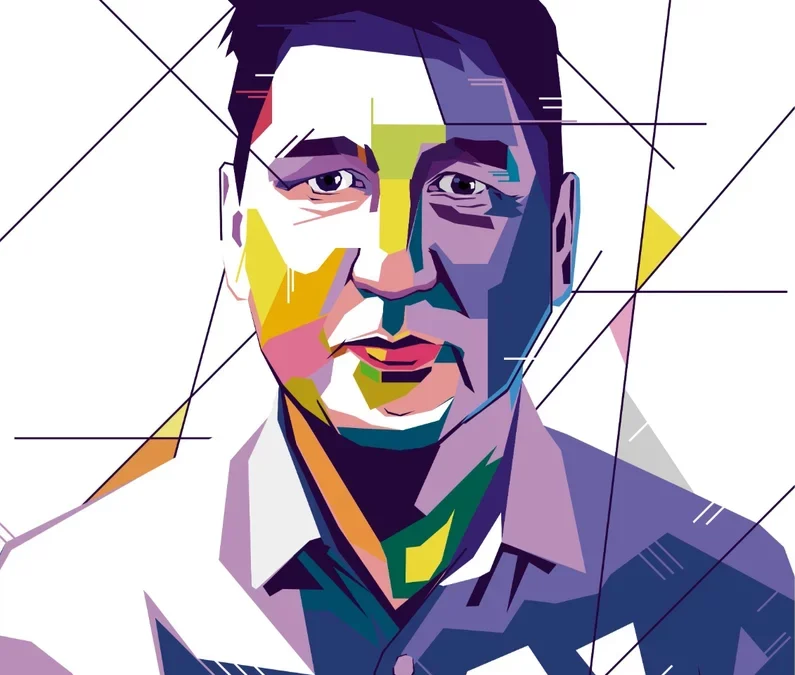What is the situation like for human rights defenders, working on business-related human rights issues in Kazakhstan? Are there sufficient protections for HRDs?
It is critical in Kazakhstan. The last detention of Lukpan Akhmedyarov is an example of that. The law does not work for human rights defenders, ordinary citizens.
What are the greatest risks human rights defenders are currently facing? Has the situation improved or worsened over the last five years? Has it changed during COVID-19, and if so how?
Criminal prosecutions are the greatest risks. You know perfectly well, the last year, the story of Semyonova, as well as the story of Alima: in Aktyubinsk, a human rights activist who dealt with problems of orphans. The daily threat is obstruction of human rights defenders’ activities. Over the past five years, since 2016, when protests on land issues began, since then there has been a tightening or restriction of the activities of human rights activists.During the pandemic, let’s say, it worsened, since the authorities now have an additional resource on a legislative basis to legitimately suppress any human rights activity.
Can you tell us more about your work on business and human rights?
The main work is labor relations issues. I said at the beginning: the law does not work. When citizens hit a wall, where do they go? The most important demand is the demand for social justice. When citizens face problems, where do they go? First of all, they should go to law enforcement agencies, executive authorities, but they go to journalists, public figures, civic activists, and in extreme cases they take to the streets. The activities of civic activists are in plain sight and they turn to me for various reasons. For example, the recent case of Boszhyr, although I am not an ecologist, they turned to me. I am a person with an active civic position. When all these outrages occur in my country, in my homeland in Mangystau, I am not indifferent. Let it be labor disputes or intrusion of private business into protected areas, be it a pandemic and helping those who are sick.
I have been engaged in this social and political work since 1989 starting with the anti-nuclear Nevada-Semipalatinsk movement.
Can you share the kinds of threats and attacks you have experienced as a result of it? How were companies involved in this?
The last attempt to put pressure on me was made in January 2017, after a strike at OCC [Oil Construction Company] in Mangistau region. When Amin Yeleusinov was arrested, although we work in different trade union organizations, we supported them out of the principle of working solidarity and when they were arrested, activists from other regions of Kazakhstan came here. Meetings were held in our office and after that criminal cases were opened against me. In 2019, when I was present at the trial of Aigul Ayberd, just came to support her as a mother of four children, and it is strange that for some reason I was summoned to the Regional Department of Internal Affairs, the Prosecutor’s Office. They wanted to interrogate me, to film me, as if I was also a member of an unregistered public association.In the 2000s, I was subjected to arrests, dismissals, and beatings, even my wife was fired from work, my son was expelled from the university, children were threatened.
The companies were absolutely involved. If hundreds of people come out, then it’s a matter of the company, it’s a real problem, no matter what people ask. But for some reason, the Prosecutor’s Office, the police appear in the forefront against the protesters, and pressure begins.



Recent Comments